The case on the Supreme Court's docket this week ostensibly deals with a challenge to the Trump administration's efforts to narrow the definition of birthright citizenship.
But overriding that important constitutional debate is a more immediate and potentially far-reaching test of judicial power: the ability of individual federal judges to issue universal or nationwide injunctions, preventing temporary enforcement of President Donald Trump's sweeping executive actions.
That will be the focus when the nine justices hear oral arguments Thursday morning about how President Trump's restrictions on who can be called an American citizen can proceed in the lower federal courts.
Trump signed the executive order on his first day back in office that would end automatic citizenship for children of people in the U.S. illegally.
SUPREME COURT POISED TO MAKE MAJOR DECISION THAT COULD SET LIMITS ON THE POWER OF DISTRICT JUDGES
Separate coalitions of about two dozen states, along with immigrant rights groups, and private individuals — including several pregnant women in Maryland — have sued.
Three separate federal judges subsequently issued orders temporarily blocking enforcement across the country while the issues are fully litigated in court. Appeals courts have declined to disturb those rulings.
Now the three consolidated cases come to the high court in an unusual scenario, a rare May oral argument that has been fast-tracked for an expected ruling in coming days or weeks.
The executive order remains on hold nationwide until the justices decide.
But the cases will likely not be decided on the merits at this stage, only on whether to narrow the scope of those injunctions. That would allow the policy to take effect in limited parts of the country or only to those plaintiffs actually suing over the president's authority.
SUPREME COURT TO HEAR ORAL ARGUMENTS IN BIRTHRIGHT CITIZENSHIP CASE
A high court decision could be sweeping, setting a precedent that would affect the more than 310 — and counting — federal lawsuits against White House actions filed since Jan. 20, according to a Fox News data analysis.
Of those, more than 200 judicial orders have halted large parts of the president's agenda from being enacted, almost 40 of them nationwide injunctions. Dozens of other cases have seen no legal action so far on gateway issues like temporary enforcement.
While the Supreme Court has never ruled directly on the use of universal injunctions, several conservative justices have expressed concerns over power.
Justice Clarence Thomas in 2018 labeled them "legally and historically dubious," adding, "These injunctions are beginning to take a toll on the federal court system – preventing legal questions from percolating through the federal courts, encouraging forum shopping, and making every case a national emergency for the courts and for the Executive Branch."
And it comes to the Supreme Court as part of the so-called emergency or "shadow" docket, time-sensitive appeals known officially as "applications" that usually arrive in the early stages.
They seek to temporarily block or delay a lower court or government action that, despite its procedurally narrow posture, can have immediate and far-reaching implications.
Things like requests for stays of execution, voting restrictions, COVID vaccine mandates or access to a federally approved abortion medication and, since January, Trump's sweeping executive reform plans.
Some members of the court have expressed concern that these kinds of appeals are arriving with greater frequency in recent years, high-profile issues leading to rushed decisions without the benefit of full briefing or deliberation.
'ACTIVIST' JUDGES KEEP TRYING TO CURB TRUMP’S AGENDA – HERE’S HOW HE COULD PUSH BACK
Justice Elena Kagan last year said the shadow docket's caseload has been "relentless," adding, "We’ve gotten into a pattern where we're doing too many of them."
The pace this term has only increased with the new administration frustrated at dozens of lower court setbacks.
"We've seen a lot of justices critical of the fact that the court is taking an increasing number of cases and deciding them using the shadow docket," said Thomas Dupree, a former top Justice Department lawyer and a top appellate advocate.
"These justices say, 'Look, we don't have to decide this on an emergency basis. We can wait.'"
Many progressive lawyers complain the Trump administration has been too eager to bypass the normal district and intermediate appellate court process, seeking quick, end-around Supreme Court review on consequential questions of law only when it loses.
The debate over birthright citizenship and injunctions is expected to expose further ideological divides on the court's 6-3 conservative majority.
That is especially true when it comes to the 13 challenges over Trump policies that have reached the justices so far, with six of them awaiting a ruling.
The court's three more liberal justices have pushed back at several preliminary victories for the administration, including its ban on transgender individuals serving in the military and the use of the Alien Enemies Act to deport scores of illegal immigrants suspected of criminal gang activity in the U.S.
TRUMP'S REMARKS COULD COME BACK TO BITE HIM IN ABREGO GARCIA DEPORTATION BATTLE
Dissenting in one such emergency appeal over the deportations to El Salvador, Justice Sonia Sotomayor wrote, "The Government’s conduct in this litigation poses an extraordinary threat to the rule of law."
"Our job is to stand up for people who can't do it themselves. And our job is to be the champion of lost causes," Sotomayor separately told an American Bar Association audience last week. "But, right now, we can't lose the battles we are facing. And we need trained and passionate and committed lawyers to fight this fight."
Trump has made no secret of his disdain for judges who have ruled against his policies or at least blocked them from being immediately implemented.
He called for the formal removal of one federal judge after an adverse decision over deporting illegal immigrants. That prompted Chief Justice John Roberts to issue a rare public statement, saying, "Impeachment is not an appropriate response to disagreement concerning a judicial decision."
And in separate remarks last week, the chief justice underscored the judiciary's duty to "check the excesses of Congress or the executive."
The first section of the 14th Amendment to the U.S. Constitution states, "All persons born or naturalized in the United States, and subject to the jurisdiction thereof, are citizens of the United States and of the State wherein they reside."
Trump said last month he was "so happy" the Supreme Court will hear arguments, adding, "I think the case has been so misunderstood."
The president said the 14th Amendment, granting automatic citizenship to people born in the U.S., was ratified right after the Civil War, which he interpreted as "all about slavery."
"If you look at it that way, we would win that case," the president said in Oval Office remarks.
Executive Order 14160, "Protecting the Meaning and Value of American Citizenship," would deny it to those born after Feb. 19 whose parents are illegal immigrants. And it bans federal agencies from issuing or accepting documents recognizing citizenship for those children.
An estimated 4.4 million American-born children under 18 are living with an unauthorized immigrant parent, according to the Pew Research Center. There are approximately 11 million undocumented immigrants living in the country, 3.3% of the population. Although some census experts suggest those numbers may be higher.
But in its legal brief filed with the high court, the Justice Department argues the issue now is really about judges blocking enforcement of the president's policies while the cases weave their way through the courts, a process that could last months or even years. The government initially framed its high court appeal as a "modest request."
CHIEF JUSTICE ROBERTS ADDRESSES DIVISIONS BETWEEN JUSTICES AFTER SEVERAL RECENT SCOTUS SKIRMISHES
"These injunctions exceed the district courts’ authority under Article III [of the Constitution] and gravely encroach on the President’s executive power under Article II," said Solicitor General John Sauer, who will argue the administration's case Thursday. "Until this Court decides whether nationwide injunctions are permissible, a carefully selected subset of district courts will persist in granting them as a matter of course, relying on malleable eye-of-the-beholder criteria."
The plaintiffs counter the government is misguided in what it calls "citizenship stripping" and the use of nationwide injunctions.
"Being directed to follow the law as it has been universally understood for over 125 years is not an emergency warranting the extraordinary remedy of a stay," said Nicholas Brown, the attorney general of Washington state. "If this Court steps in when the applicant [government] is so plainly wrong on the law, there will be no end to stay applications and claims of emergency, undermining the proper role and stature of this Court. This Court should deny the applications."
The consolidated cases are Trump v. CASA (24a884); Trump v. State of Washington (24a885); Trump v. New Jersey (24a886).
.png)
 4 hours ago
4
4 hours ago
4
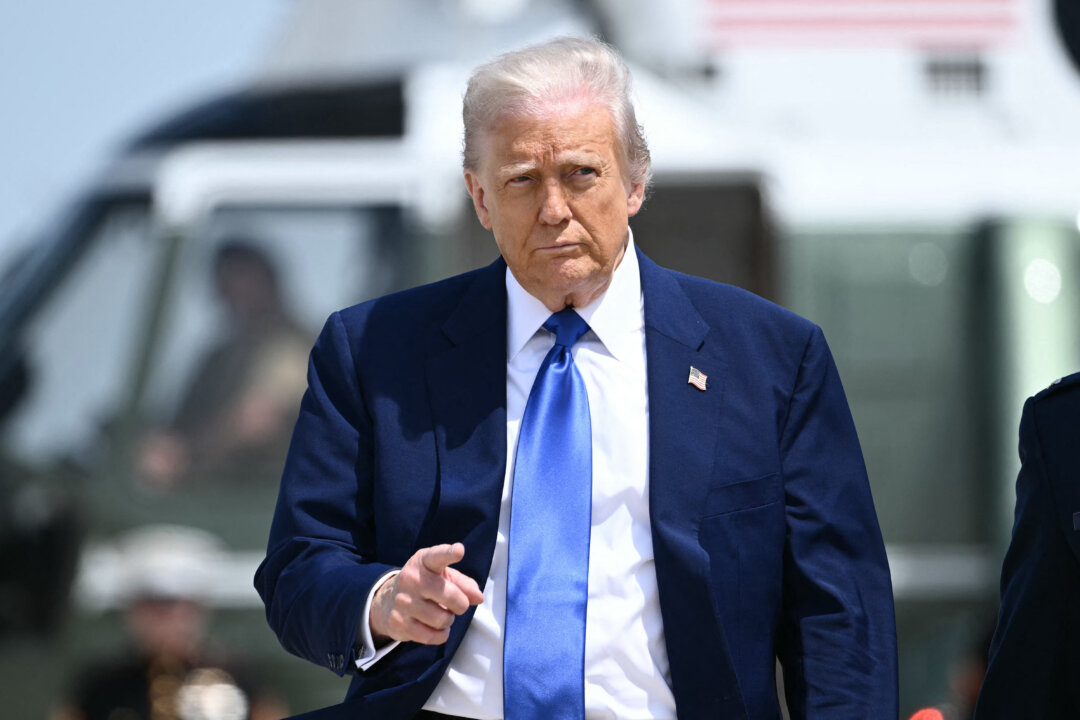

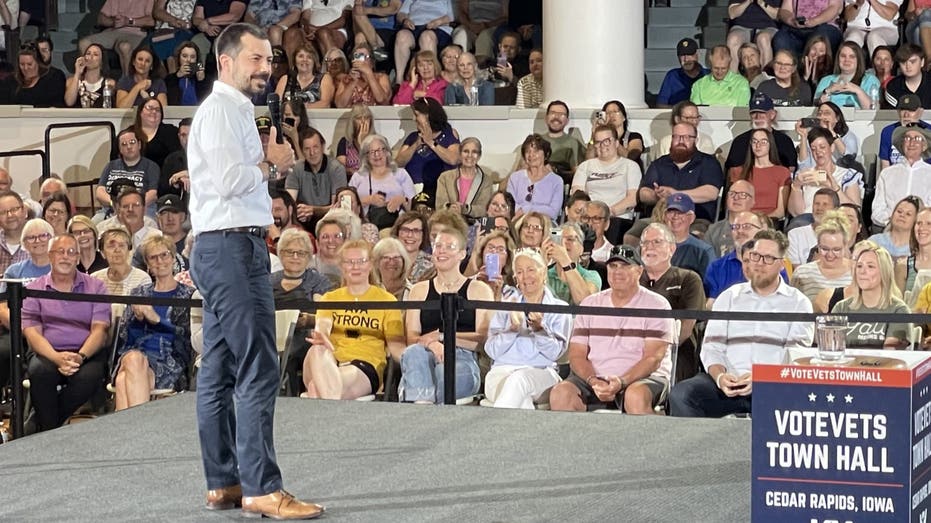
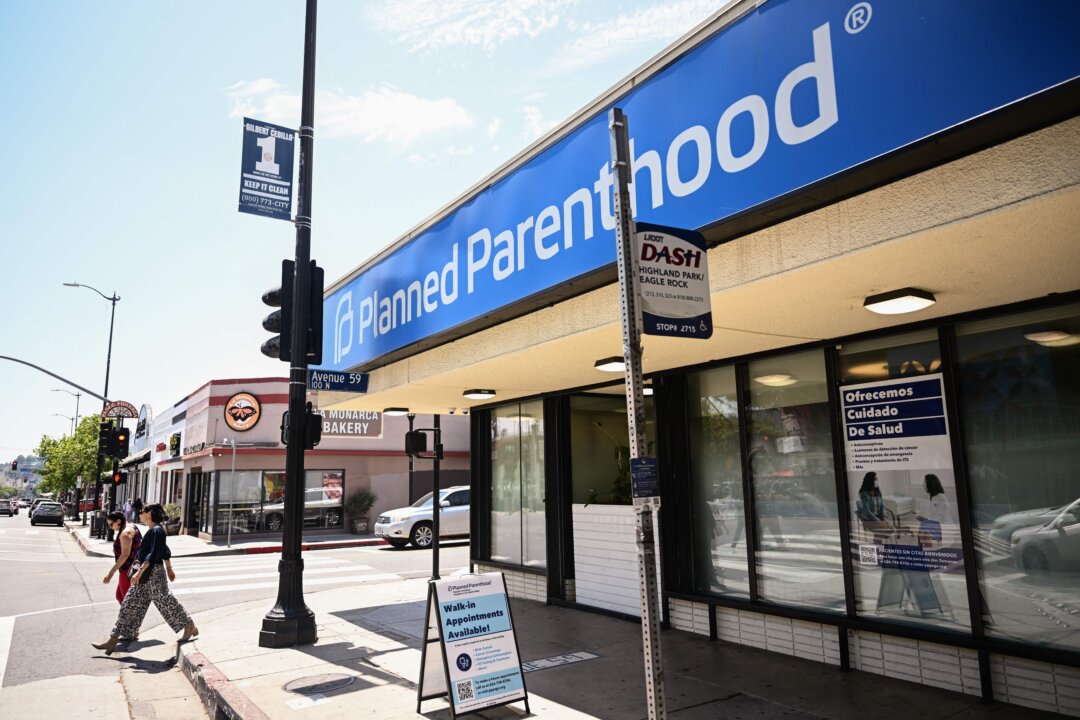



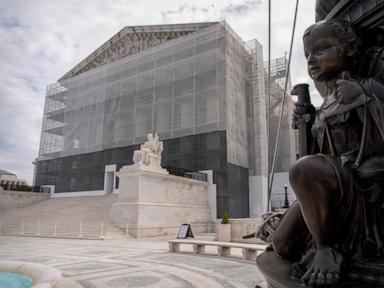


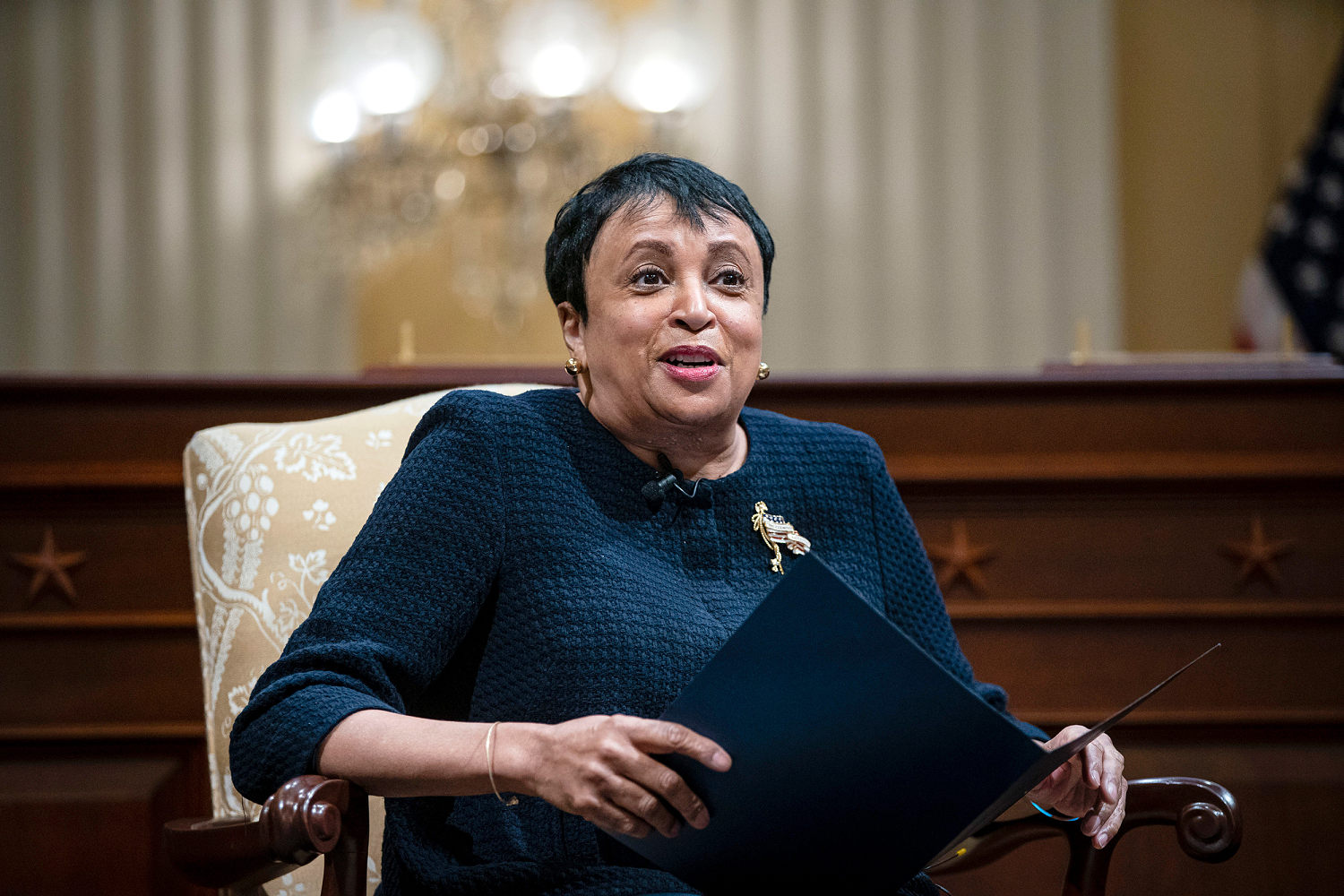

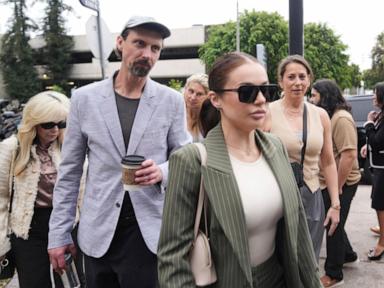
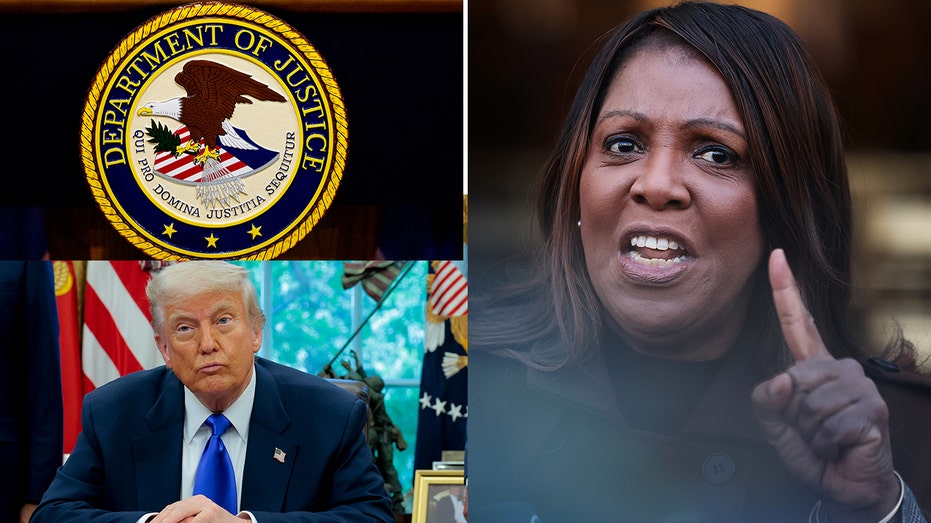

 English (US)
English (US)